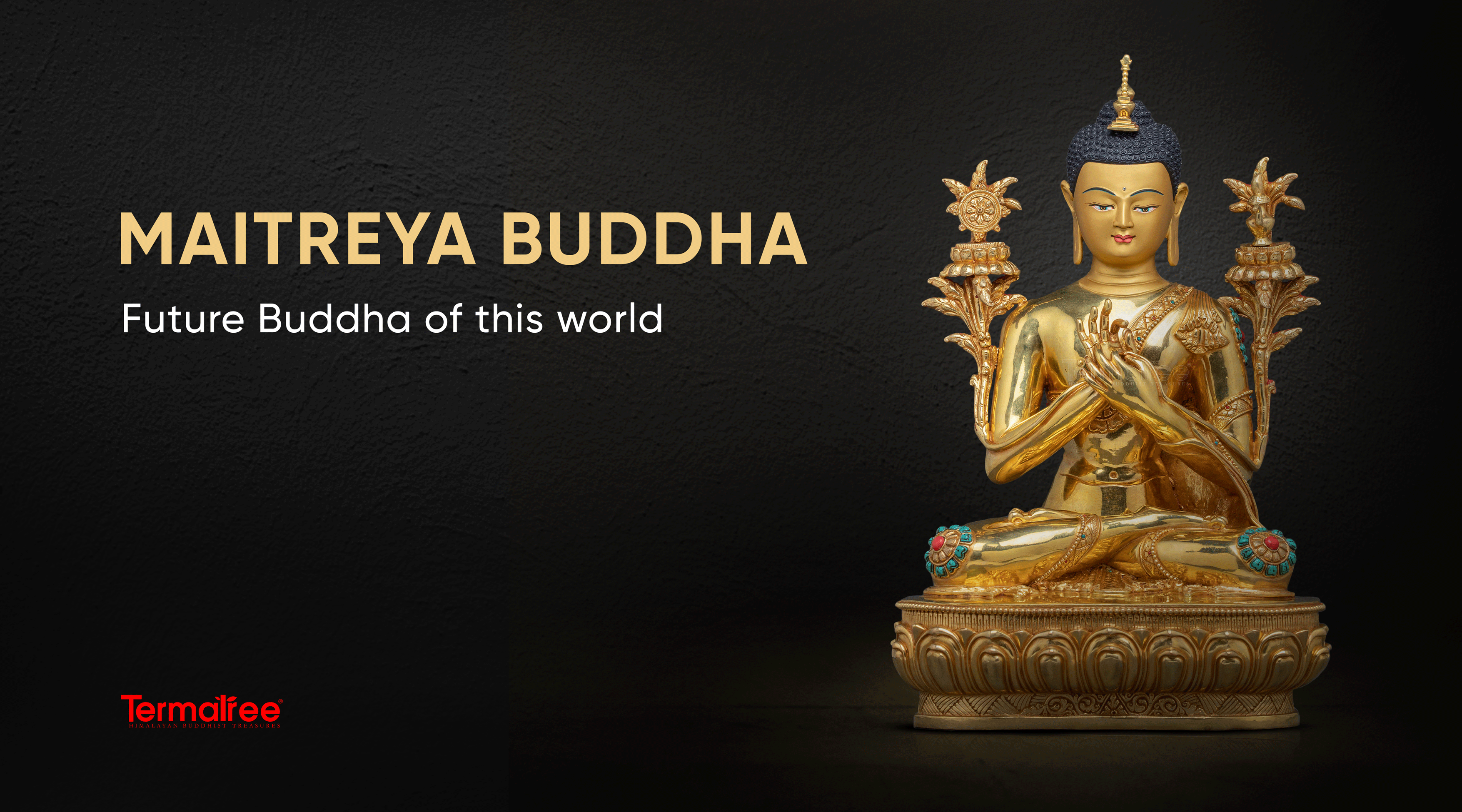Introduction
In today’s fast-paced, abundance-driven world, spiritual seekers are rediscovering ancient symbols that bridge material prosperity with deeper inner values. One such powerful embodiment is the handmade Black Dzambhala Wealth Deity Statue—a rare fusion of sacred artistry and transformative energy. Far more than a decorative piece, this statue serves as a conduit for attracting wealth, purifying karma, and anchoring your intentions for spiritual and material success.
Whether placed on a personal altar or integrated into a mindful living space, the Black Dzambhala statue is revered not only for its visual power but also for the vibrational presence it carries. Let’s explore the deeper meaning behind this extraordinary figure and why it's becoming an essential element for those who seek purposeful prosperity.
The Legend and Role of Dzambhala in Buddhist Wealth Practices
In Vajrayana Buddhism, Dzambhala (also spelled Jambhala) is the embodiment of generosity and prosperity. He is one of the most widely revered wealth deities, said to be a manifestation of Avalokiteshvara, the Bodhisattva of Compassion. His purpose is not to simply grant riches, but to help remove the causes of poverty—both internal and external—by awakening generosity and spiritual clarity.
Dzambhala appears in five primary forms—Yellow, White, Green, Red, and Black—each embodying different energies of wealth and abundance. The Black Dzambhala is the most wrathful, yet compassionate form. His fierce appearance is meant to eliminate greed, financial blockages, and misfortune swiftly and powerfully. He is especially invoked in times of difficulty when rapid removal of obstacles is necessary.
Iconography & Symbolism of the Handmade Black Dzambhala Statue
This statue is not just a representation—it is a sacred embodiment. Each element carries profound meaning:
Wrathful Form
The Black Dzambhala is depicted with a fierce expression, bulging eyes, and a wide-open mouth, symbolizing his role in confronting negativity and karmic debt head-on. This wrath is not anger, but fierce compassion—meant to protect, transform, and empower.
Crown and Ornaments

He wears a five-skull crown, representing the transformation of the five poisons (anger, desire, ignorance, pride, jealousy) into the five wisdoms. His body is adorned with traditional jewelry, symbolizing spiritual wealth.
Mongoose Spitting Jewels

A unique symbol, Dzambhala’s mongoose spits jewels, signifying the release of abundance. In Buddhist tradition, this is a powerful emblem of wealth flowing freely, unblocked by fear or ego.
Sacred Flames and Posture

Click here to view the Black Dzambhala Statue
Surrounded by flames, the statue represents the burning away of negative karma and stagnation. His standing posture signifies stability and unshakable wealth—both spiritual and material.
Craftsmanship & Materials: Handmade in Nepal
The spiritual energy of this statue is deeply enhanced by its authentic craftsmanship. Made by master artisans in Patan, Nepal, each statue is a labor of devotion:
Materials
-
The copper body gives the statue its powerful, black base tone—an homage to its wrathful form.
-
24K gold gilding on the face and body parts adds divine light and elegance.
-
Precious inlays and hand engravings contribute to its rich aesthetic and spiritual potency.
Methods
The statue is created using the lost-wax casting method, followed by meticulous hand-finishing. Unlike mass-produced figures, each handmade Dzambhala statue is unique—infused with the artisan’s spiritual intent and energy.
This attention to detail ensures that each piece becomes an energetically active spiritual object, not just a piece of art.
How to Use & Place This Statue for Maximum Effect
To fully receive the benefits of this sacred piece, placement and use matter:
Ritual Practices
-
Mantra chanting: “Om Jambhala Jalendraye Bashu Dharini Svaha” is the primary mantra used to invoke his blessings.
-
Offerings: Water, incense, and rice are traditionally offered.
-
Visualization: Practitioners visualize golden light radiating from the statue, dissolving obstacles and filling the space with abundance.
Ideal Placement
-
Place the statue on a clean, elevated altar, ideally facing the main entrance to welcome wealth.
-
Avoid placing it on the floor or in disrespectful locations (e.g., near trash bins or bathrooms).
-
Consider placing it in the southeast wealth corner of your home or workspace according to Feng Shui principles.
Why It Matters Today – Integrating Ancient Symbolism into Modern Prosperity
 Click here to view the Balck Dzambhala Statue
Click here to view the Balck Dzambhala Statue
In a world often obsessed with material gain, the Black Dzambhala offers a deeper, more conscious approach to abundance. This statue aligns you with a mindset of gratitude, protection, and ethical wealth-building. It invites balance—between giving and receiving, between material and spiritual wealth.
Whether in a meditation room, office, or living space, this statue becomes a sacred anchor—drawing prosperity while shielding your intentions from energetic sabotage or loss. Its aesthetic strength also makes it a conversation starter—a powerful reminder of your commitment to prosperity with purpose.
Conclusion
The handmade Black Dzambhala statue is more than a symbol—it’s a living vessel of prosperity consciousness. From its intricate craftsmanship and sacred materials to its transformative energy, this statue serves as a guardian, teacher, and energetic ally.
By inviting it into your home or altar, you’re not just decorating a space—you’re aligning with a timeless tradition that honors prosperity as a path of compassion, clarity, and conscious living.
Click Here to view the Dzambhala Statue Collection





